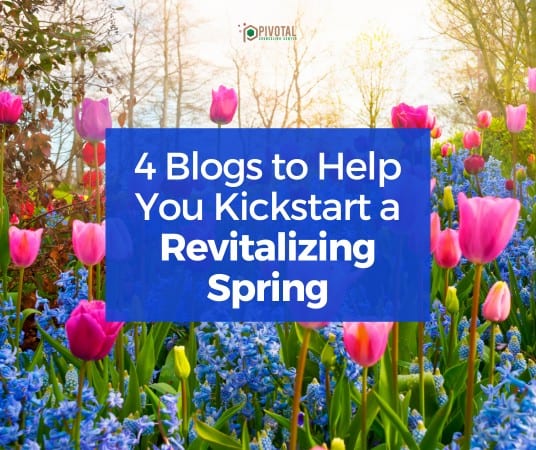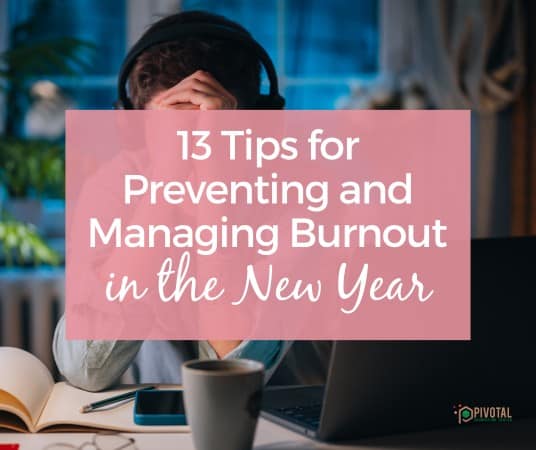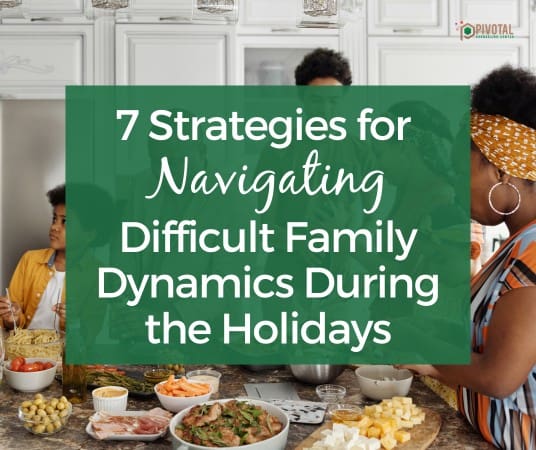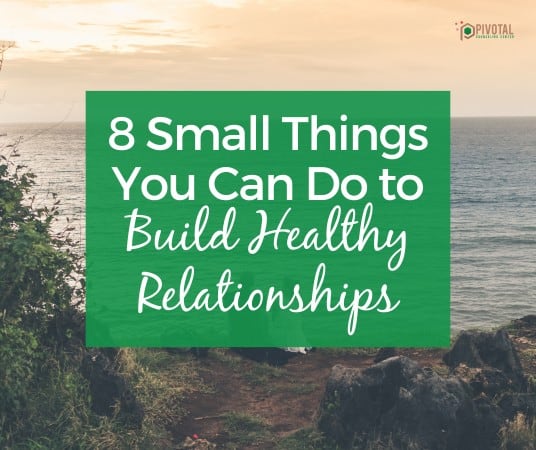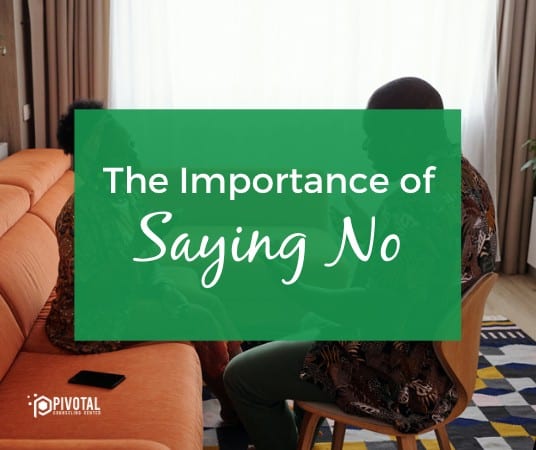
For many of us, when we think of the word “no” we think of something negative.
But the word “no” can actually be a wonderful thing, and a tool to help us set boundaries, stay firm in our beliefs, honor our true feelings, and overall enrich our lives. But learning to say it (firmly, confidently, and without excessive guilt) can be really hard. Even when we say no to something that we can’t do, it can feel like we’re letting someone else down. But saying no isn’t a rejection of the person you’re saying it to. It’s just a tool to communicate when something works for you and when it doesn’t.
Saying no helps us with setting and maintaining boundaries:
We’ve talked about setting healthy boundaries before–and a huge part of setting boundaries is learning when and how to say no! While establishing your boundaries (ex.: I won’t work after 6pm) and communicating your boundaries (ex.: letting those you work with know you won’t be checking email/responding to work messages after 6pm), there will be times when someone pushes at your boundary. Whether it’s a special circumstance, or they aren’t aware of your boundary, or they just want to see how firmly you will stick to it, you probably will have to reiterate your boundary at some point.
This is an instance where saying no is a wonderful tool to help you prioritize your needs and communicate an expectation clearly. Going off of the work example, someone testing your boundary might look like:
A coworker sending you “URGENT!” emails after six, calling you constantly outside of work, or asking you to do things for them outside of the work hours you already established. In this case “no” is actually a positive word. You can respond and say; “Unfortunately, no, I will not be able to do this for you this evening. My work hours are X, and I don’t have the capacity to work outside of those hours at this time. If I can help you when I’m back in the office, please let me know and we can work something out together!”
Saying no helps us honor our true feelings:
One way in which we can find ourselves betraying our true feelings is going along with what everyone else is saying or how everyone else is behaving even if we are uncomfortable. Speaking this discomfort is a big way we can honor ourselves and our feelings. For example:
A friend is complaining to you about a mutual friend. Their conflict does not involve you, and you are equally close with both parties. When it comes up that you will be seeing the other friend, the first friend asks you to speak to your mutual friend on their behalf.
If you are conflict averse, your natural reaction may just be to say “sure” and hope the conversation moves on. But if you are uncomfortable with the request, saying “sure” does you more harm than good, and it is clear you are only saying it to avoid a possible conflict with the friend you’re speaking with.
This is where saying no helps you to empower yourself. At this request, you can politely say:
“No, I’m uncomfortable with getting involved. After hearing you, I understand why you are upset, but I don’t think it’s fair to ask me to get in the middle of things. I can help you work out what you’d like to say to X if you’re worried about saying the wrong thing in the heat of the moment, but I think the handling of this conflict needs to come from you.”
It’s also important to be gentle with yourself as you practice saying no.
It’s not an easy thing to do! In fact, most of us were never taught how to effectively say no. Below are a few tips:
How to say no:
Be firm:
Avoid saying things like “probably not” or “I’m not sure” or “I don’t think so.” It can sound a bit gentler than saying no out + out, but it can harm the clarity of what you are trying to say. Is there wiggle room to your no? If not, just say no directly.
Resist overexplaining:
Giving a short, succinct explanation for your no can be helpful (see example about not working outside of previously established work hours above) but you don’t need to explain every part of every choice. Simply saying “No I can’t do this, I don’t have the time/expertise/resources/capacity” is enough. Over explaining can make your “no” sound hesitant, and may result in people pushing at it further to see if you will change your mind.
Try to offer an alternative when possible:
You don’t need to bend over backwards to try and provide an alternative solution to something you said no to, but if there is an alternative you feel comfortable offering, do it! This shows that your boundaries are firm (no you won’t change your mind) but that the other person asking for help has not gone unacknowledged. Remember, it can be hard to ask for help. When saying no, try to do so in the manner you would like to hear no.
Pivotal Counseling Center has therapists who work with individuals and have many different specialties. We have locations in Woodstock, Illinois, and Lake in the Hills, Illinois. If you are in need of someone to help, please consider giving us a call at (815) 345-3400.
Pivotal Counseling Center is now accepting Medicaid including Blue Cross Community Medicaid, Meridian Medicaid, and Molina Medicaid for outpatient counseling.



